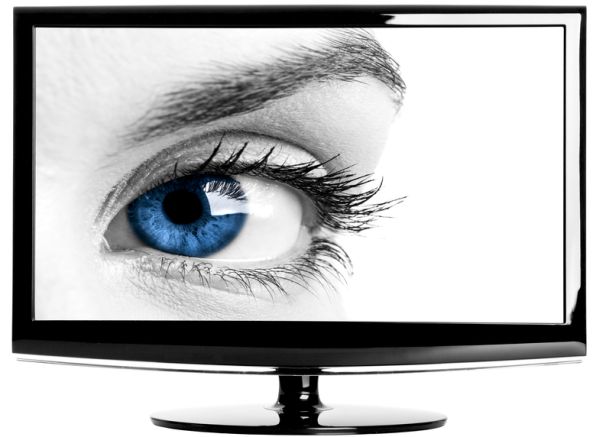Published on the 10/02/2015 | Written by Clare Coulson

The company’s ‘listening TV’ has highlighted the coming privacy mine-field that smart technology and the internet of things will introduce for business…
Last week online magazine The Daily Beast reported new wording in Samsung’s ‘Global Privacy Policy – SmartTV Supplement’ that has ignited a fierce debate on consumer privacy and led to comparisons with Orwell’s 1984. The hue and cry is also an indication of how consumers may react to new ways of gathering and sharing information as the ‘internet of things’ takes hold.
Samsung’s Smart TVs have a voice recognition function that can be used to control them and use many of their advanced features via voice command. Its privacy policy notes, however, that users should “be aware that if your spoken words include personal or other sensitive information, that information will be among the data captured and transmitted to a third party through your use of Voice Recognition”. In other words – your TV is listening.
The function can be turned off to prevent it from collecting “your spoken world” but it will still allow Samsung to collect associated texts and other usage data. Samsung uses industry-standard security safeguards and practices, including data encryption, but it may share the data with third parties, the privacy and security policies of which Samsung does not guarantee, advising users to “exercise caution”.
Whether or not there is any real risk that confidential conversations may be reviewed in any meaningful way is not clear. Spying TVs are sort of thing that conspiracy theorists thrive on, but comparisons with Orwell’s 1984 seem to be taking it a little far – it seems unlikely that there is a branch of the Thought Police stationed at Samsung HQ. From a business perspective, it is easy to understand why Samsung, and other manufacturers of smart devices, want to gather customer data and share that data with third-party suppliers. That said, the strong negative reaction by the public is an indication of what may be in store for other businesses that deal with smart devices and their associated data.
Data collection has been going on for years, but the potential – or at least perceived – increase in intrusion that voice and facial recognition technologies pose has brought questions of ethics to the fore once more. Smart devices that record information via sensors, including microphone and camera, are going to become increasingly prevalent as the ‘internet of things’ takes hold. The fact that they are also introducing an increasingly significant privacy trade-off for users is something that needs to be carefully considered by companies that wish to introduce such technology.



























